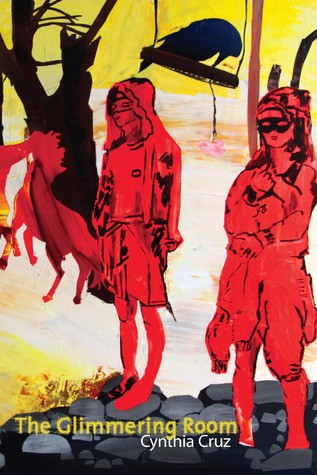Brossura, 79 pagine
lingua English
Pubblicato il 26 Dicembre 2012 da Four Way Books.

Brossura, 79 pagine
lingua English
Pubblicato il 26 Dicembre 2012 da Four Way Books.
Cynthia Cruz’s second collection, The Glimmering Room, beckons readers down into the young speakers’ dark underworld, and because we are seduced by Cruz’s startling imagery and language rich with “Death’s outrageous music,” we follow willingly. The poems wander in and out of their own American wastelands—strip malls, bus stations, state psychiatric hospitals, “the Starver’s Ward // With the other almost-girls”—with a loneliness “so brutal / It is beautiful.” Peopled with “ambassadors from the Netherworld”—the orphaned and abused, the lost and addicted—Cruz leads us through this “traveling minstrel show / Called girlhood—” which is at once tragic and magical.
From “Strange Gospels” to stark, entrancing dispatches from inside the hospital walls, these poems give voice to the voiceless in the face of poverty, addiction, war, and consumerism. “I am diseased with this / Recurring dream that is / My life,” one speaker declares, and we are devastated not by …
Cynthia Cruz’s second collection, The Glimmering Room, beckons readers down into the young speakers’ dark underworld, and because we are seduced by Cruz’s startling imagery and language rich with “Death’s outrageous music,” we follow willingly. The poems wander in and out of their own American wastelands—strip malls, bus stations, state psychiatric hospitals, “the Starver’s Ward // With the other almost-girls”—with a loneliness “so brutal / It is beautiful.” Peopled with “ambassadors from the Netherworld”—the orphaned and abused, the lost and addicted—Cruz leads us through this “traveling minstrel show / Called girlhood—” which is at once tragic and magical.
From “Strange Gospels” to stark, entrancing dispatches from inside the hospital walls, these poems give voice to the voiceless in the face of poverty, addiction, war, and consumerism. “I am diseased with this / Recurring dream that is / My life,” one speaker declares, and we are devastated not by a godless world, but by a world rife with the “God of gas station bathrooms / And of girls held hostage / Inside their own bedrooms,” a God who “does not keep/ The demons back.” Relentless in its descent into “the mind’s outrageous factory,” the book’s redemption lies not in pulling us back from the edge, but in its refusal to look away or to let us forget: “memory// That warm slop of honey, / seeping. No way to stop it / And its gorgeous hurricane of bees.”
from Four Way Books